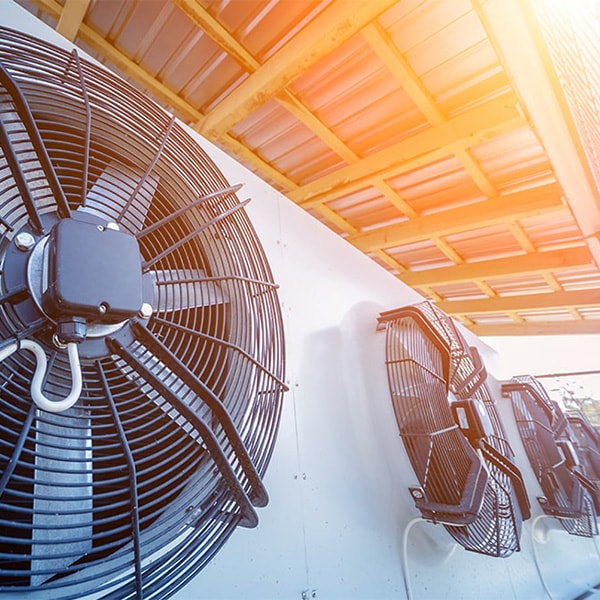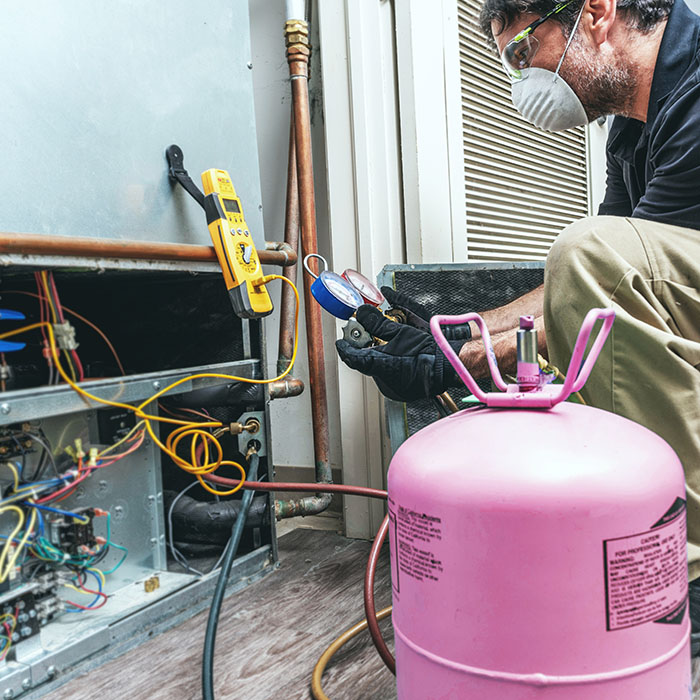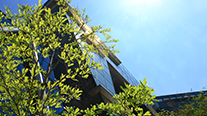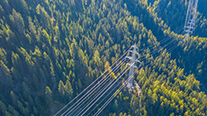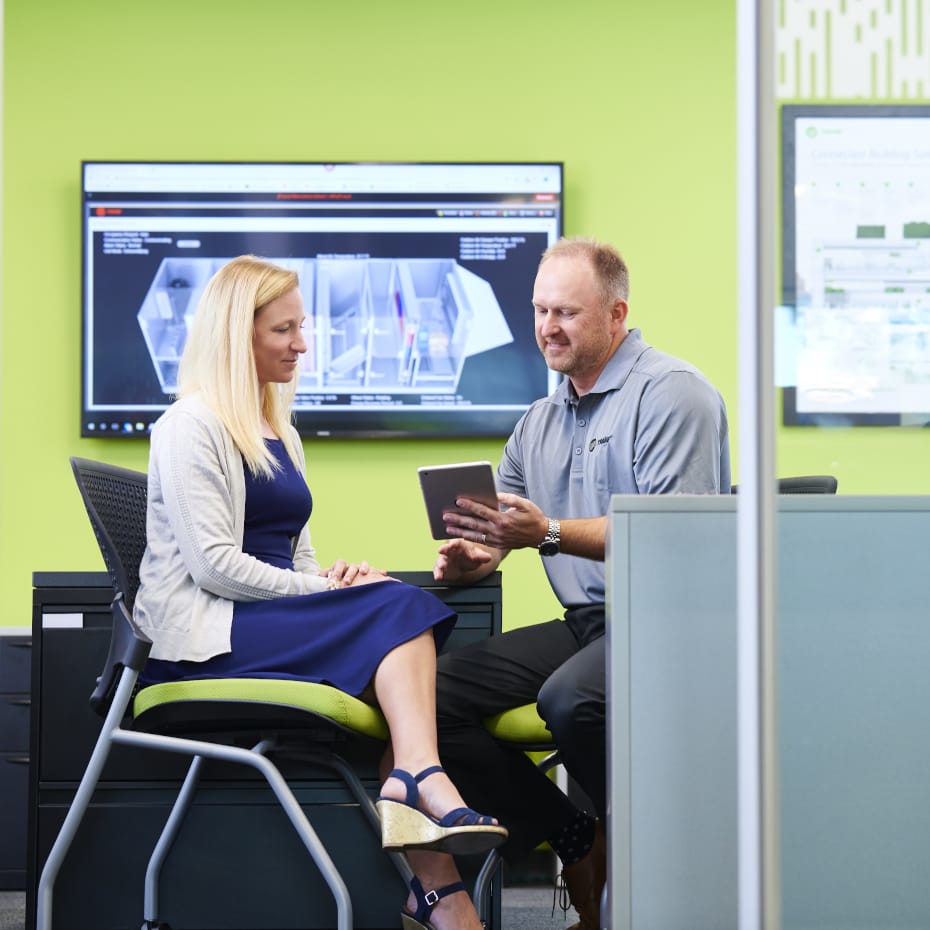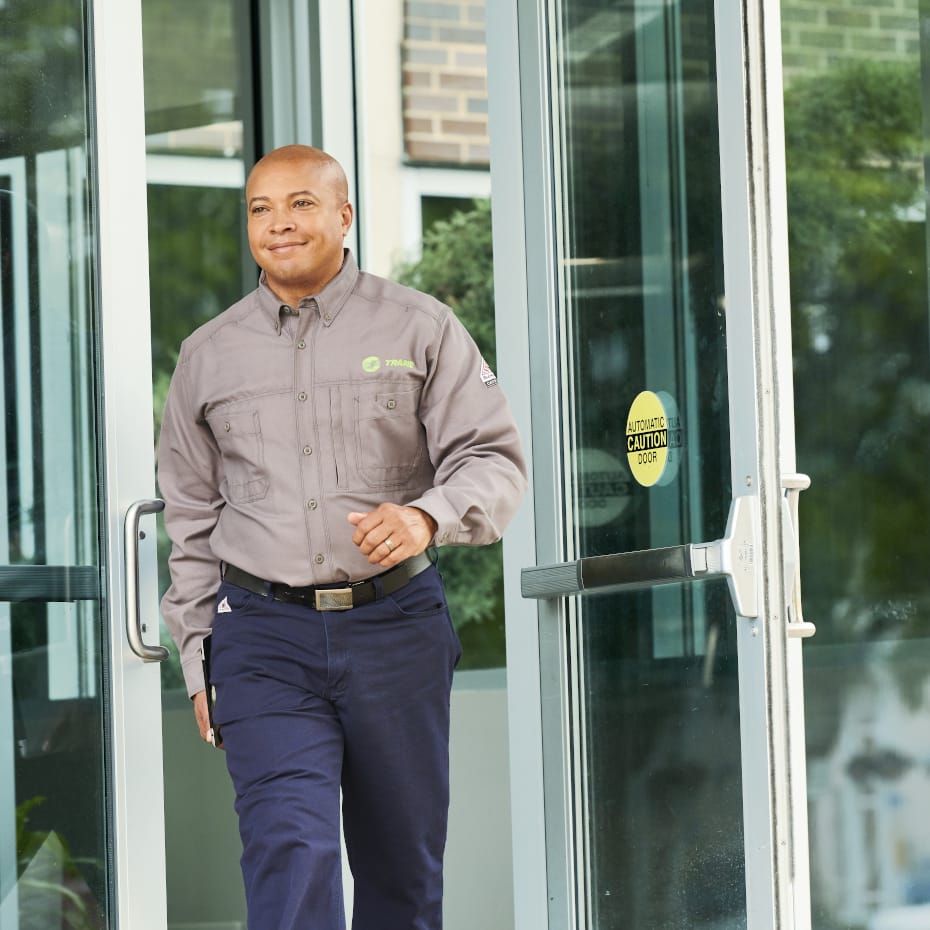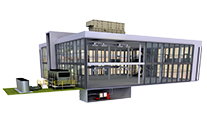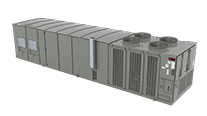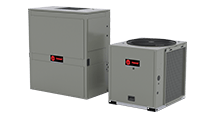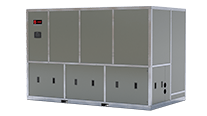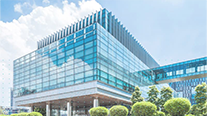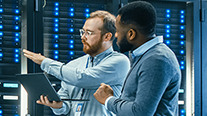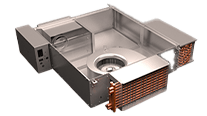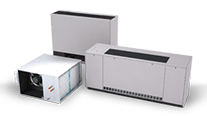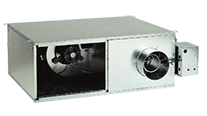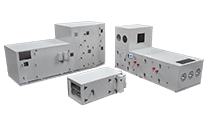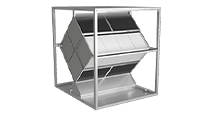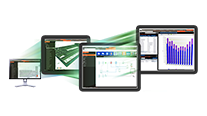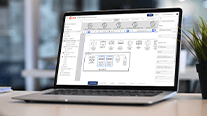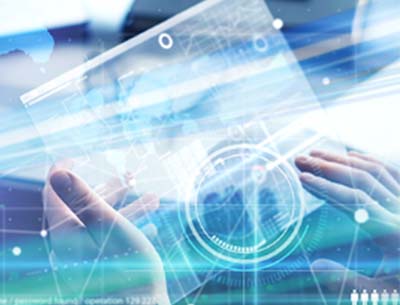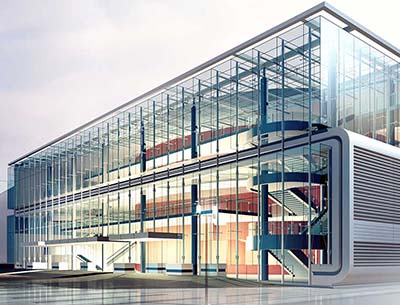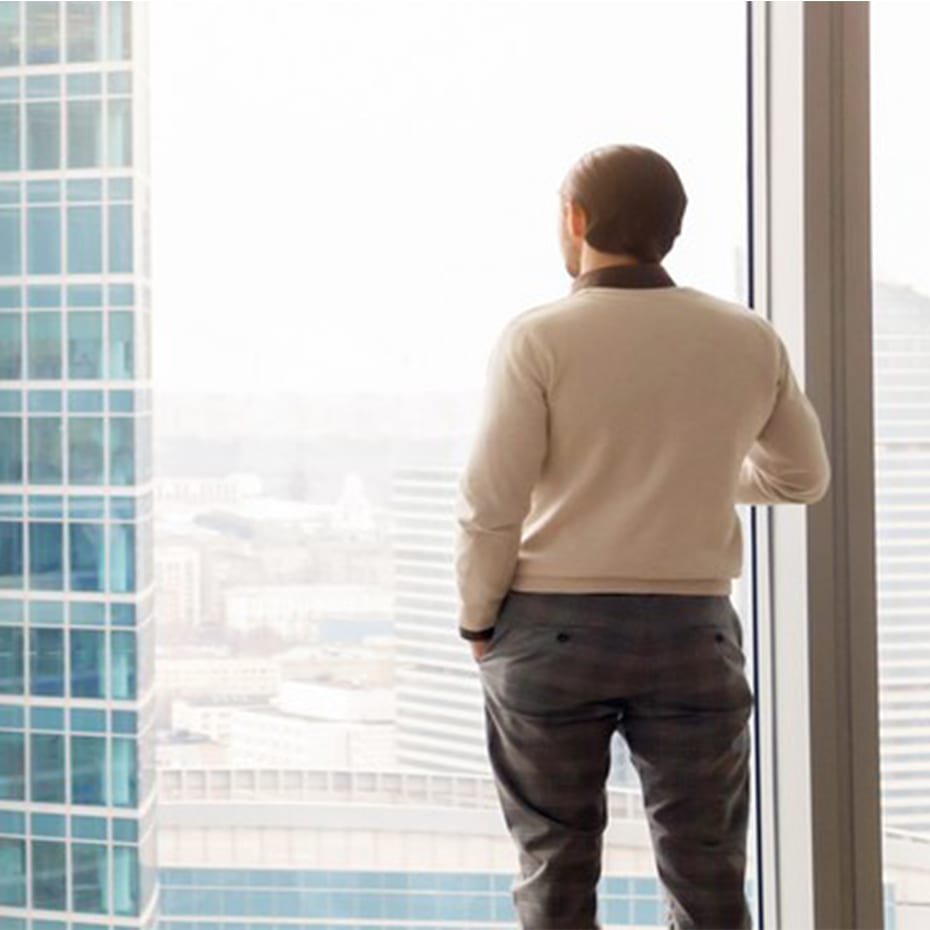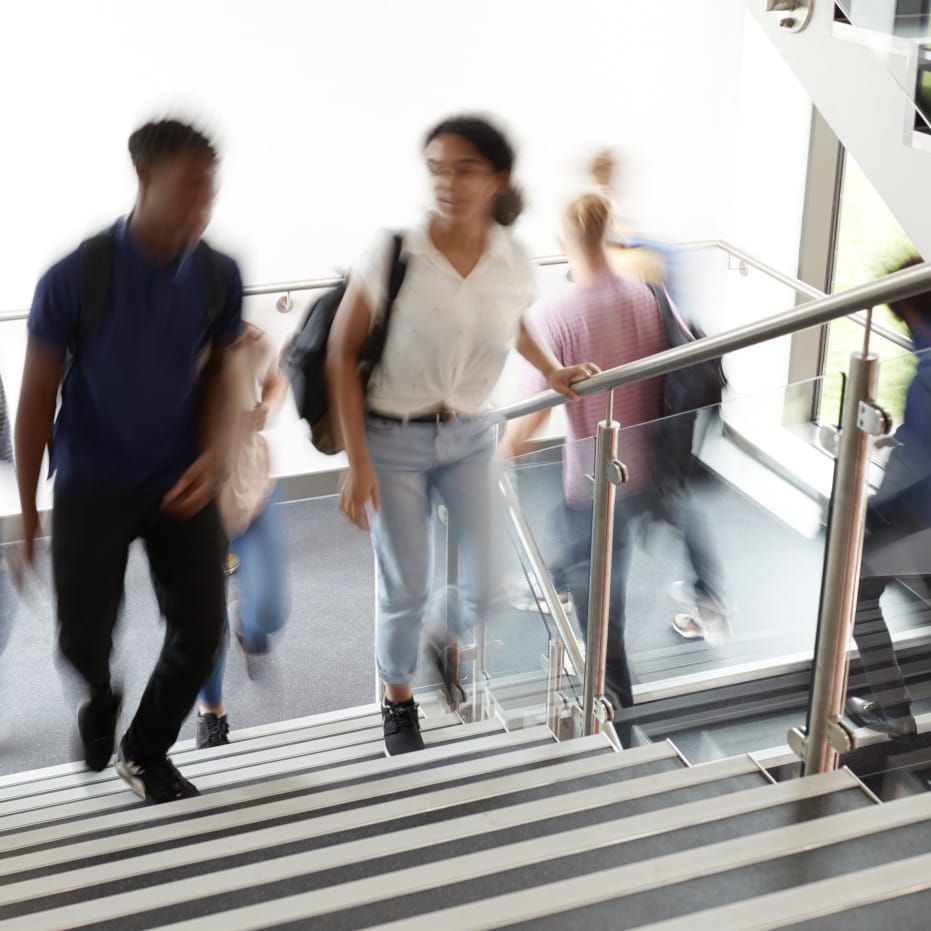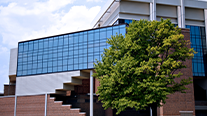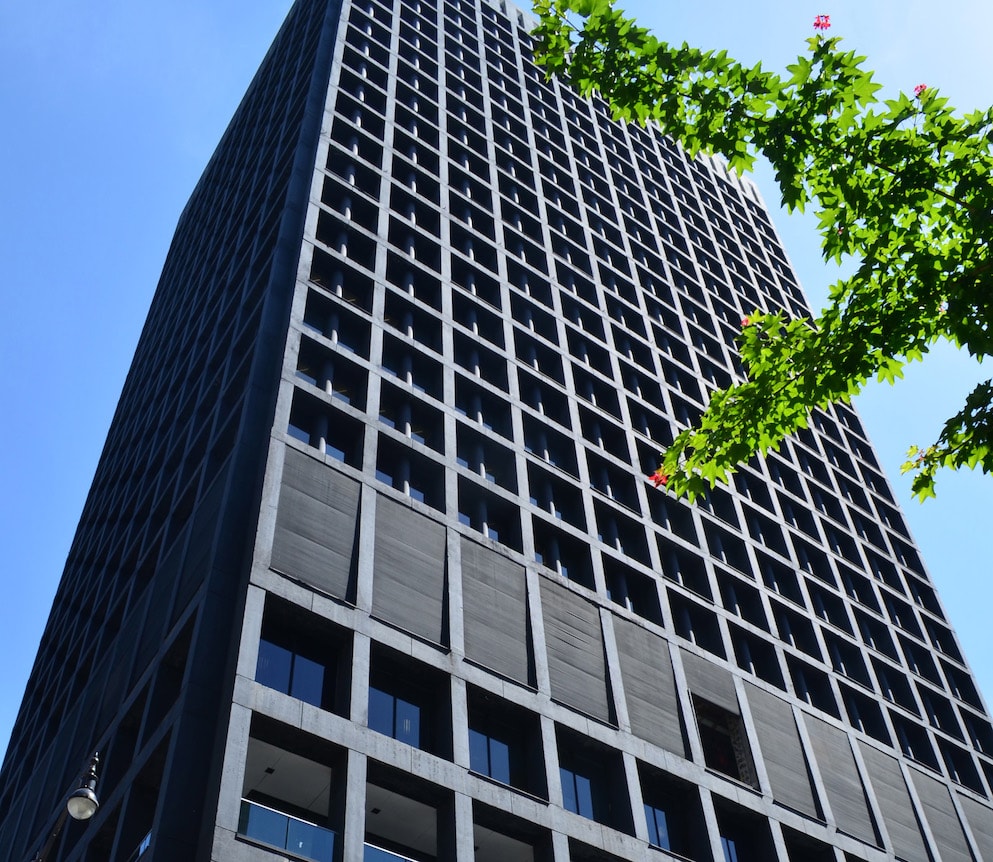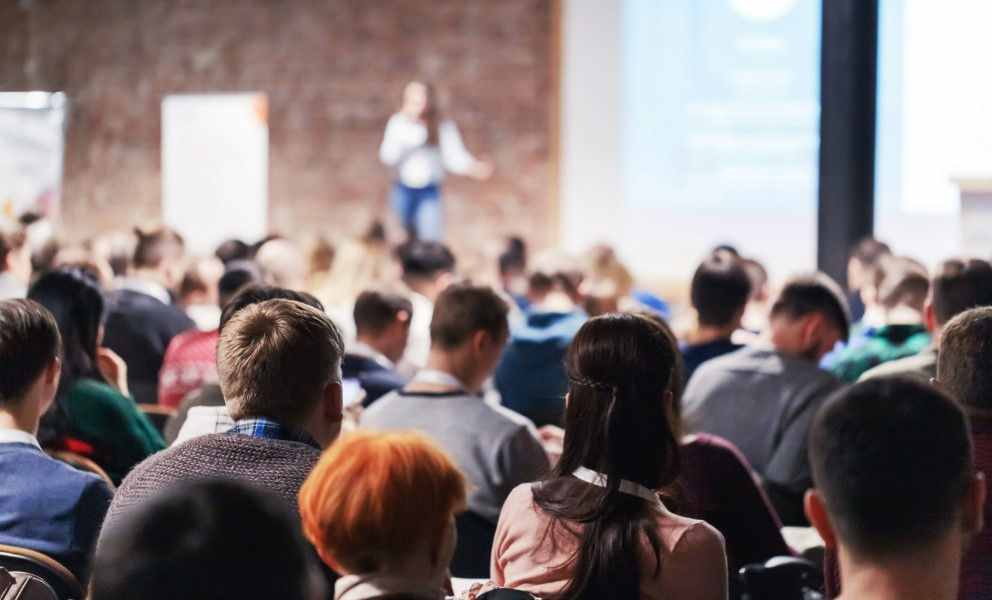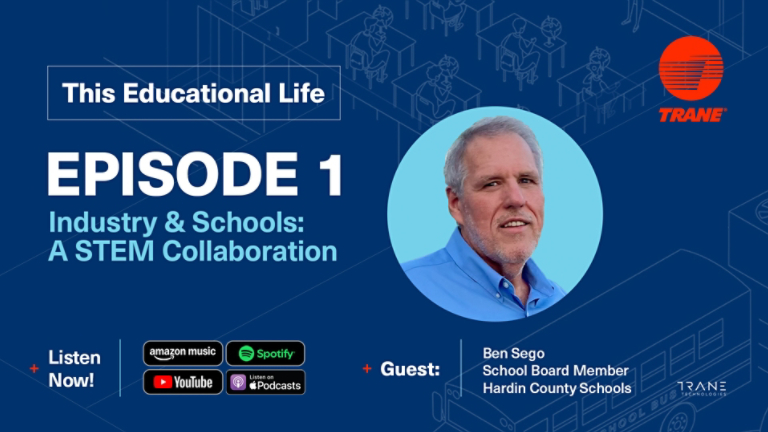Mariah: Welcome to This Educational Life, a podcast by Trane. This is a show about the challenges and opportunities in education today told by the people who have dedicated their lives to improving it. From preparing students for STEM careers to funding and improving learning environments. We focus on how schools are rethinking education to meet the needs of students today and tomorrow.
I'm Mariah Pressley, the education and industry partnership leader for Trane. I talk with educators every day who inspire me with their creativity, resourcefulness, and unwavering dedication to their students. Today we're putting STEM education under the microscope. It's the key to preparing students for a rapidly evolving world, but keeping up with that pace of change.
That's the real challenge, and few people understand that better than our guests today. Ben Sgo. A school board member with a background that's anything but typical. He's worked for nasa, the US Navy and Air Force, and now he's applying that STEM expertise to education in his home district.
Ben: Preparing kids for moving directly into work means teaching them how to navigate the world to figure out the technology that they're going to inevitably have to use.
Mariah: So how do schools prepare students for a world that is constantly changing? And how have districts like Bens been creative with the tools and resources they already have to make STEM education even more impactful? I. That's what we're exploring in our first episode today. Let's get into it today. Ben Seago is an engineering mentor, STEM advocate and school board member for Hardin County Schools in Kentucky.
But his passion for science and education started young, so young, in fact, that as a fourth grader, he was building his own radio from scratch.
Ben: I used a piece of foil and some paper and wrapped it together and soldered wires together. Of course, you can't solder to the aluminum foil I had, you have to kind of just crimp those together.
And, uh, that and, uh, a crystal and a razor blade and, uh, some headphones that I scrounged from something else. And, uh, I had a radio and it worked.
Mariah: That early curiosity set the foundation for a career that took him to NASA, where he worked on data analysis for flight tests. He was even there when the challenger exploded and later worked for the company that was instrumental in search technology to find pieces of the challenger to later analyze.
Fast forward a few more years and Ben found himself in the armed forces doing stents for both the Air Force and Navy. He even found himself unexpectedly deployed to war.
Ben: I ended up on a ship at the beginning of the first Gulf War. I didn't actually know that's what we were going out to do. It was supposed to be a shakedown cruise, but, uh, we were about 12 hours out of port and they announced that Desert Shield had started and we were the lead ship, so away we went.
So I didn't, you know, didn't get to go home for a while.
Mariah: Now after years spent at the cutting edge of science and technology, he's come full circle back home, serving on the school board of the very district where he once sat in the classroom. And his mission is clear to ensure today's students get the same kind of exposure to STEM that shaped his own career.
Ben: You know, you don't have to build a radio from scratch, but you had to be curious and you had to be, uh, have someone to help you do this. So that's what I care about.
Mariah: It's so awesome that your own fashions and experiences with STEM have been able to come back 360 with everything that you're doing with your work as a school board member in your home county.
Can you talk about some of the conversations you guys are having on the board with regards to STEM education and, and some of the challenges that you run into?
Ben: Well, there's obviously a, an evolution and a revolution occurring. Educators talk about the fact that the jobs that kids will have don't exist yet.
Just a few short years ago, no one would've known what artificial intelligence, prompt engineer meant. That job didn't exist three years ago, and that job won't exist in two or three more years. So what we have to do is give the kids the skills to adapt, to learn to move, and to do it quickly so they can stay relevant.
Money is also always an issue. That's sort of the role of the school board to take care of the people's money and make sure the kids are getting what they need. This is the taxpayer's money, so being a good steward of the public's finances is very important, but I, I know that preparing these kids to make a difference in the future is a good use of that money.
Mariah: Then what about engagement in STEM education and engagement with careers beyond traditional stem? How important is it that students are exposed to STEM and have an understanding of what that actually like means in the real world?
Ben: You know, every kid needs to know something about stem. They also have to know how to read and they have to know history.
Yeah. I won't tell you that those aren't important. They're really important. But you know, if you want to change the world because you don't like what history is gonna say about it, then you're probably gonna have to do a podcast, for instance. So some technology is gonna be in your future and, and to convince people that you know what you're talking about, you're gonna have to do some data analysis and, and some presentation of that data.
So data analytics is gonna be in your future. And, um, that's what this is about. All the kids need this. Preparing kids for moving directly into work means teaching them how to navigate the world to figure out the technology that they're going to inevitably have to use. And to contribute to be a star performer when they show up.
Whether that's at, you know, the local chicken shack or whether that's at the local factory, where they're analyzing why devices are failing in the field. That's all STEM education. So that's what I'm trying to do, trying to make that happen.
Mariah: STEM education isn't just for future engineers or scientists.
It's about equipping every student with problem solving skills, analytical thinking, and adaptability. These are the skills they'll need no matter what path they take. But for schools like Bens and across the country, the challenge is twofold. Managing limited budgets and ensuring STEM education is accessible and relevant to all.
It requires a shift in mindset. Seeing stem as not only a niche subject for roles like scientists and white lab codes, but as foundational learning that prepares students for any career, and it doesn't require a huge surge in funding or an overhaul of curriculums. Quite often schools and teachers already have all the resources they need.
It's just about finding creative ways to maximize them. One of the most powerful ways to do that can be with the supportive industry that can bring those real world STEM insights into the classroom. I know your district has been working alongside industry, Trane being one of those collaborators. Tell us a little bit about how you ended up working with Trane and what that looked like.
Ben: Trane modernized and became really a leader in providing the data and predictive energy management. We moved into that as well. They helped us, and so that's how we ended up with Trane in every one of our schools and our other ancillary buildings as well. And one of the things that happens on the school board is, you know, different members take on different tasks and I got the job of investigating whether we should try to do an energy management project.
I. One of the big innovations in that is there's data about all of it all the time. Constant monitoring of of all the systems produces a whole lot of data, and you can do data analytics on that. So that's a wonderful springboard to show the kids how this works and to give them some experience in managing complex systems by analyzing data.
People have smart thermostats at home that learn the habits of the people there. Well, we do that for schools and through train systems, and we know when the systems have to start heating in the middle of the night on Sunday night, Monday morning, so that the schools will be at temperature when people show up for school at seven 30 in the morning.
Before this sort of thing, people had to go in and turn on the systems and wait for 'em to get warm or leave 'em running, just turn 'em on early, but. The kids are now telling us based on what they see, when we should do that, how we should do that, when we should change that. And uh, that sort of information developed from data is, uh, what data analytics is about.
And it's a real practical example of how to use that in real life. And, you know, so the kids can take that, what they're getting out of this sort of a system with train's help and, uh, apply that elsewhere. And that's the data analytics micro certification offered by NC three with train's help. Micro certification is one of the things that we've been looking at rolling out more of, and uh, I think it's an important way for kids to get recognition for what they know and what they've learned.
And uh, so then when they are ready to go get a job or move on to college, they have some certifications that show that they can do things and maybe some of their peers can't
Mariah: without even meaning to. Ben, you just described what I think is the future of the energy and utility landscape with some of the technologies and associated skill sets that are really foundational at this point to the entirety of our workforce.
We see this coming through things like data analytics. That ability to really understand how these systems work together and troubleshoot and make recommendations based on the entire ecosystem of what is sustaining the energy use at your school. What are some of the things that have stood out to you as far as how the district is using different STEM programs to bring these opportunities to kids?
Ben: An awful lot of the, the jobs in our area are high-end manufacturing and so. We're looking at a set of pathways that prepares all the kids for what they want to do. We have a healthcare pathway that obviously relies heavily on the sort of STEM information and STEM education that's available in our micro certification program.
We have a welding operation. That we're expanding currently have something on the order of 30 welding teaching stations. This isn't your granddad's, uh, stick welder. There's a whole lot of technology involved in setting up robotic systems to do welding. So that is an interesting bit of the modern manufacturing world.
So that's another thing we're expanding. We are working on, uh, digital engine analysis for automotive and big diesel engine repair. That's already paid dividends for some of our students. In some of the district. We've hired some of our own students directly into our, uh, maintenance operation for our bus garage.
And, uh, we're paying them very competitive wages. Uh, in fact, we had to, uh, it's one of the school board activities we took on was, uh, making sure that our salaries for those kind of folks are what they need to be because we were losing people before and now we're gaining people from outside. So in staying in the district as a, uh, you know, as sort of a grow your own.
Program turned out to be a great opportunity for some of our own kids. And they, after going through a course of study and a pathway that prepared them for modern, which is pretty digital, fairly technical, uh, modern, uh, maintenance and, uh, repair of diesel engines. So it's just a small sampling.
Mariah: If done right, the impact of programs like these can last a lifetime.
We all remember that moment in school when something just clicked for Ben. It happened in the fourth grade when he built the radio from scratch. Sparking a passion for STEM that shaped his entire career. Now as a school board member, he's working to create those same light bulb moments for students in his district, and the impact is real.
By bridging the gap between schools and industry, students aren't just gaining knowledge. They're graduating with hands-on experience, certifications and direct pathways into high demand careers. It's not just about preparing them for the future, it's about giving them the tools to shape it. So what does that actually look like?
I know you've spoken previously about this concept of having just a little bit of glue to bring all the pieces together, and I really believe that the biggest innovation comes from having just a little bit of glue in the right places with the pieces that already exist. So trying to bring this back full circle and thinking about how building that radio from scratch had such a profound impact on you.
Can you speak to the impact you've seen for students so far who've engaged with some of this work?
Ben: A feature of our school board, uh, meetings every month is that we recognize teachers and students that are making a difference. And recently we brought in some kids to, uh, showcase what they had done for a robotics contest.
There's a solving big problems section of that, and three different groups presented their plans to make a device or. Some assistive technology that would allow differently abled or disabled person to participate in an activity they couldn't previously do. And, uh. These kids dug in and came up with some innovative approaches to that.
One of them that I recall was a, uh, a golf club for amputees, and the technology that they were proposing would sense attempts to move muscles, read the nerve impulses, and then use that to power a device to swing the golf club. And, uh, we know that that works. We know it can be done. They were demonstrated a prototype, which, you know, was just a, a mockup.
Yeah. But that's the sort of thing that I think kids 10 years ago wouldn't have thought of necessarily. I am thrilled that our kids were looking at innovative ways to solve problems that matter. Very much so. Having this. In front of them all the time and telling them that it's possible and to dream big and to think how to do something.
It's just a different way of thinking about it.
Mariah: That's pretty incredible. And I mean, as someone with a lifelong passion for this type of learning and having a whole career dedicated to it yourself, how does it make you feel?
Ben: I, I don't want to take any credit for it. I mean, this is all about what the other people are doing.
I want to enable it. I want to be, I wanna be there when it happens and I wanna smile and cry that they've done something big and uh, and sometimes something big is just. An unimaginably small thing. It's uh, you know, finding a way that somebody can go shopping on their own. That same technology they were talking about can also help someone get in and out of their car and, uh, go to Kroger and buy their own groceries.
So I just wanna help those kids come up with those things. I want to set things up, give them the background, and give them the feeling that they can do this.
Mariah: And what are you hearing back from the community?
Ben: What we're hearing from the community is the local industry wants an employment force ready to work and, uh, that understands how to work in a modern environment.
One employer we talked to said that one of the reasons they located here was that it's a good modern school system, so it'll be easy for them to attract workers to come here. In addition to the system is preparing people. For work already. So that's what we want, that's what we need to see. We're preparing kids to be productive for them.
To some degree, it sounds like maybe we're building robots for them to work, but there's a quality of life issue. If you don't have to be far from your parents and your grandparents and your your family, you know, it gives you options locally so you don't have to move to the West Coast or Washington, DC to find, uh, an interesting job.
You don't have to fly home when grandma's sick. She, you're already here. Sometimes people complain that maybe schools are just preparing people to work and they say that as though it's a bad thing. I don't agree that it's a bad thing, but it's not the only thing we should be doing for the kids. That's for sure.
Mariah: So thinking back to advice now, maybe putting your school board hat back on, what advice would you give to another school district or a group of board members who really want to bring these kinds of opportunities to their own school district?
Ben: Figure out what you can do and start doing it. And I, I mean that to be very, very simple.
The idea that we can do it here in Hardin County because we have a, a good tax base and we have industry growth is certainly an enabling factor for us. However, poor districts that are shrinking can also do it. So back to the Don't tell me. No, tell me how. Don't tell me what I can't do. Tell me what I can do.
Well, you're the one, the school boards are the ones that are telling, they're the ones that have to investigate that and come up with the answers, and they need to talk to their teachers and see what they can provide. So start doing it. Don't wait for some federal grant. Don't wait for some state grant.
Just start doing it. A lot of this is inexpensive. A lot of it will just come from repurposing things you're already doing. We needed a new HVAC system and we were gonna have to buy that no matter what. So it was worth investigating whether there were ways to do it that would lead to something else, would give our students a way to learn about, uh, solar power in a way to learn about geothermal.
And, uh, we're paying about the same money no matter what, but we just got more out of it. So be smart, work hard, figure it out.
Mariah: I loved this conversation with Ben. It highlights how STEM education isn't just about preparing students for the future. It's about giving them the skills to thrive in the future. Ben's district shows how creative collaborations and resourceful innovation can turn real world challenges into hands-on learning opportunities.
And when schools, industries, and communities come together, the impact goes far beyond the classroom. Helping students build careers and shaping a workforce that's ready for whatever comes next. Thank you to Ben for sharing his story with us, and thank you for listening. This educational life is all about highlighting the incredible ways industry and education can use just a little bit of glue to do more with the resources they already have.
If today's episode resonated with you or you'd like to share your own experiences, we'd love to hear from you. Email us at this educational life@train.com or suggest a topic for a future episode. Don't forget to rate, review, and follow the podcast wherever you listen, so you never miss an episode. New episodes come out every two weeks.
Thanks again for joining us on this journey. Until next time, let's keep building schools that make a difference for today and tomorrow.
Oriana: This podcast is for general informational purposes only. The views and opinions expressed in this podcast are those of the panelists and do not necessarily reflect the official policy or position of trained technologies. Trained technologies makes no warranty or guarantee concerning accuracy or completeness of the content presented in this podcast.


